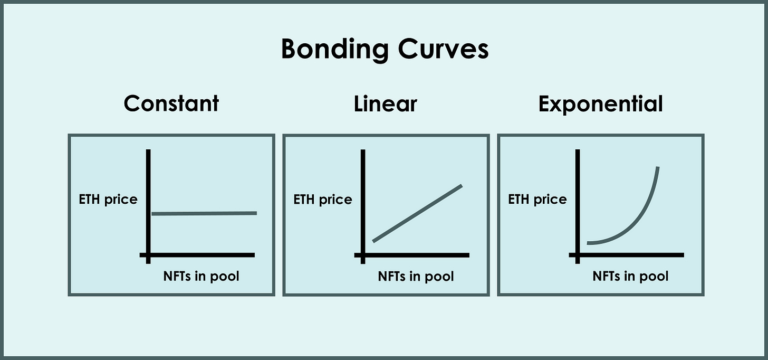When an NFT owner has their assets stolen, there is often a public debate about who is at fault and who is responsible. In the case of Robert Armijo, this debate was taken to court following the theft of his Bored Ape NFTs. In a final ruling, however, a judge chose to throw out the case which had been brought against OpenSea.
Who is at Fault?
This saga began when Armijo had three of his Bored Ape NFTs stolen after clicking on a link from a fake asset buyer who went on to list the stolen assets on OpenSea. After realizing that he had been duped, Armijo tried to get into contact with OpenSea’s customer service. He also got in contact with Bored Ape’s customer service which helped to escalate his ticket with OpenSea.
While one of the stolen NFTs was sold on OpenSea, the marketplace froze the accounts of the thief who then went on to sell the remaining NFTs on other marketplaces. Following this incident, Armijo brought a case against OpenSea and Yuga Labs for negligence.
Unfortunately, Chief U.S. District Judge Miranda M. Du dismissed the case on the grounds that Armijo’s losses were economic.
“The loss of plaintiff’s commercialization rights of his stolen NFTs is similarly a purely economic loss. While plaintiff is correct that injuries in tort law include nonphysical injuries such as ‘the invasion of any legally protected interest of another,’ the economic loss doctrine generally does not refer to such a broad definition of ‘injury,” the judge said.
Armijo’s legal representation has said that it will consider the judgment before making any further decisions.
Want more? Connect with NFT Plazas
Join the Weekly Newsletter
Join our Discord
Follow us on Twitter
Like us on Facebook
Follow us on Instagram
*All investment/financial opinions expressed by NFT Plazas are from the personal research and experience of our site moderators and are intended as educational material only. Individuals are required to fully research any product prior to making any kind of investment.

Tokoni Uti has written extensively on blockchain and cryptocurrency for years. Her work has appeared on sites like BTCmanager and Blockchain Reporter. She has a degree in Corporate Communications.





